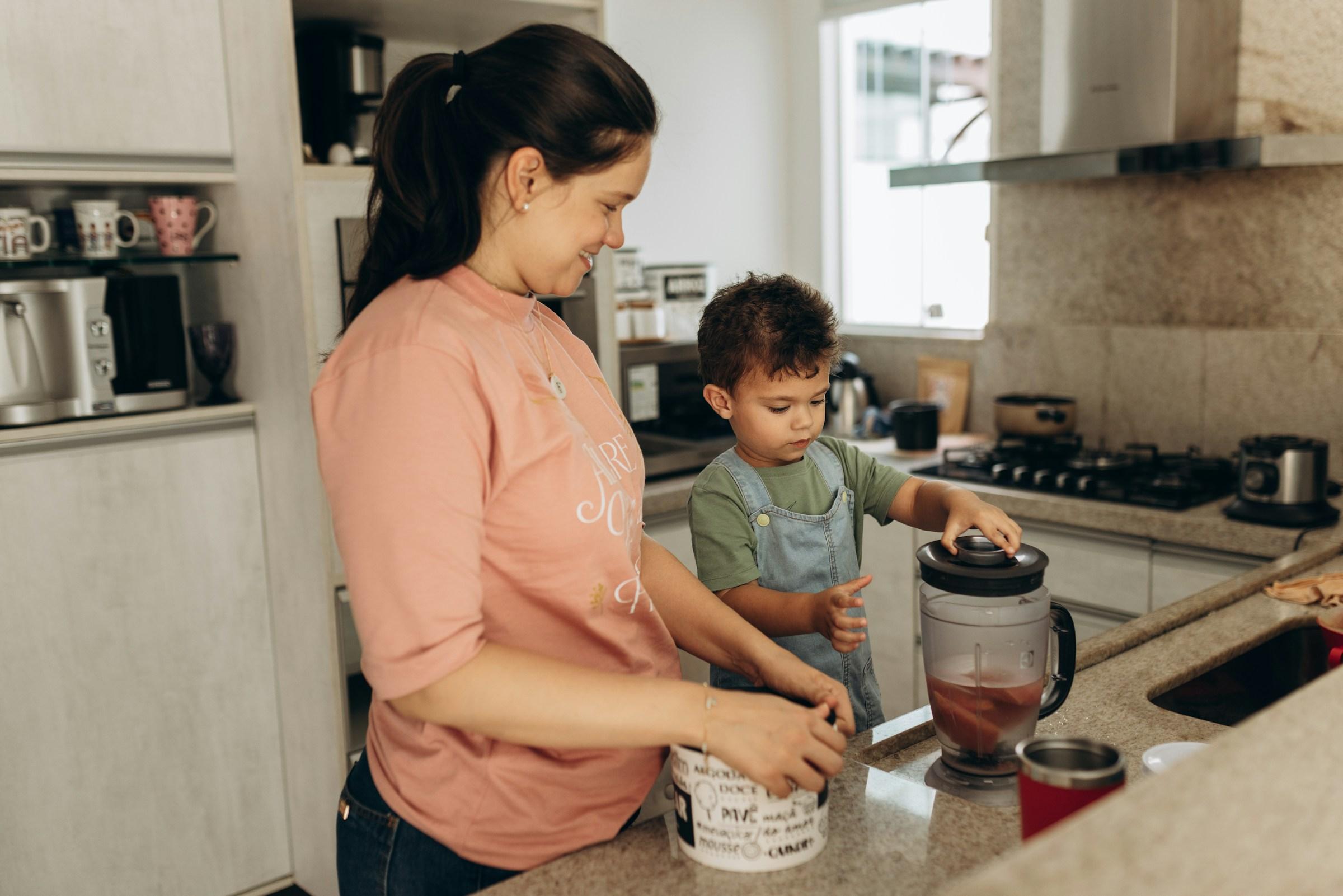Retirement often begins with the hope of relief. The commute disappears, the inbox quiets, and sleep seems within reach at last. Yet many people find the days that follow oddly heavy. The morning brings no urgency, chores stretch across long afternoons, and an open calendar feels more like an anchor than a gift. This is a common experience and it is not a verdict on character. It is what happens when a life loses the structure that once held it together. Work supplied architecture and rhythm. Retirement removes both, and the brain is left with an open loop that offers weak cues about what matters next. Without cues, motivation fades. Without structure, mood tends to follow.
Happiness in this new season is less a trait and more a system. It grows from repeatable inputs that nourish energy, purpose, and connection. Those inputs can be designed, but design begins with an honest inventory of what has been lost. The loss is not only about income or status. It is the collapse of rhythm, roles, and reliable feedback. During working years, every action carried near term signals. A proposal sent invited a reply. A meeting attended ended with next steps. The brain learned to expect these small but frequent markers of progress. In retirement, the signals slow, the days blur, and the mind quietly labels that blur as low value. Mood drops not because life has become unworthy, but because the instruments that once measured momentum have fallen silent.
Several forces tend to drive this slump. One is circadian drift. When nothing begins at a fixed time, wake and sleep slide. Light exposure becomes a matter of chance rather than habit, and daily energy loses a clear peak. Another is the way reward gets managed in the absence of effort. Work created cycles of striving and payoff. Remove the striving and the brain reaches for easy rewards from screens and snacks. The reward system adapts to quick hits, and ordinary life begins to feel dull by comparison. A third force is the loss of small social nutrients. Years of casual contact with colleagues and clients produced a steady flow of micro affirmations. When those vanish, the day lacks the tiny moments that tell you that you belong. The final force is purpose dilution. A job once offered a mission that clarified priorities. Retirement turns almost everything into an option. Options look like freedom until they look like nothing that must be done today.
A better experience after work life begins with architecture. A week needs a skeleton before it can carry purpose or connection. Sequence matters. Purpose without stable energy burns people out. Connection without a steady week produces activity without progress. Order the rebuild so that the body clock comes first, then focused effort, then social layers and service.
Mornings make a strong foundation. Waking at a fixed time helps the brain predict the day. Stepping into daylight within the first half hour sends a simple message to the clock that governs alertness. A short movement routine before the first screen touch sets a useful tone. Walking, gentle stretching, or a light strength session do not aim at athletic achievement. They provide clear biological signals that organize energy. A protein forward breakfast eaten at a consistent hour reinforces that stability. When the brain can forecast its own energy, it stops scanning for threats, and mood often rises without any heroic effort.
Most days will benefit from one protected block of focused work that lasts about ninety minutes. This is not about replicating a job. It is about telling the reward system that meaningful effort still happens here. Use the block to build or repair something that matters to you. Learn a skill, restore a garden bed, write a few pages of family stories, or practice an instrument with intention. End the block with a small, finished unit. Completion matters more than complexity. A page written, a hinge repaired, a sketch inked, or a plan drafted restores the feedback loops that drive motivation.
A week gains resilience when it contains immovable anchors. Think of three standing appointments that do not shift. One serves the body, one serves the social brain, and one serves either skill or service. The physical anchor might be a class or a standing walk with a partner. The social anchor might be a lunch, a club, or a regular coffee circle. The skill or service anchor might be a volunteer shift or a course that meets on a fixed schedule. Placed on the same days and at the same times, these anchors keep the week upright even when other plans wobble. Consistency is more powerful than intensity here. The goal is not to collect impressive commitments. The goal is to keep mood from collapsing when energy dips.
The modern reward environment deserves deliberate attention. Early hours filled with low effort and high reward teach the brain to expect instant gratification. It helps to reserve those hours for activities that require participation and pay off through progress. Keeping the phone outside the bedroom, avoiding social feeds until after the first movement block, and choosing tasks that produce tangible outcomes all nudge the reward system back toward effort coupled with meaning. The brain still seeks pleasure, but the pleasures that follow effort tend to compound into identity rather than fragment it.
Identity itself is easier to rebuild with roles than with titles. Titles are bestowed from outside. Roles describe what you do. Choose three verbs to guide this season, such as builder, learner, and connector, and then write a single sentence for each that clarifies output. The builder ships one useful upgrade for home or community each week. The learner finishes four lessons or chapters per week. The connector hosts or attends two meaningful conversations per week. These small promises create boundaries. Boundaries turn time into something that can hold meaning.
When sleep drifts, everything drifts. Evenings deserve protection because they set the next morning in motion. Dim lights in the last two hours before bed, finish the final meal at least three hours before sleep, and avoid emotionally spiking tasks after the late evening begins. Write a simple plan for the morning on a card and place it where you will see it upon waking. This trims hesitation, and hesitation can be surprisingly costly.
Financial uncertainty sometimes hides inside low mood. The issue is not always the numbers themselves, but the fog that surrounds them. A simple rhythm can dissolve that fog. Divide spending into essentials, discretionary items, and project funds. Assign monthly amounts and review them on the same day each week. If the plan holds, the mind can release the loop. If it does not, change one line item and move on. Clarity calms the nervous system better than reassurance.
Purpose can feel like a large question, which makes it difficult to act. Treat it like a product in testing. Instead of a multi year promise, set up a twelve week pilot. Keep the description specific. Teach basic literacy at the library for one term. Compile family recipes into a book to print by a certain date. Mentor one student through a community program for a semester. Let the pilot end, then review energy and impact. Renew if the project gave more than it took. Replace it if it did not. The brain appreciates this cadence because it resembles the goal and review cycles that once guided your work life, now tuned to your own values.
Movement remains non negotiable. The brain responds to the body’s rhythm. Walking most days and two short strength sessions per week deliver the bulk of the benefit. If long sitting is common, stand briefly every fifty minutes. These practices are not about chasing a number on a watch. They manage insulin, blood flow, and joint function, all of which clean up the background noise that clouds thought.
Friendship comes from a pipeline rather than a lucky strike. Choose two recurring circles and show up for a season without demanding instant chemistry. A choir, a hiking group, a repair cafe, or a book club are ordinary choices that work because they repeat. Repetition breeds familiarity, familiarity grows into comfort, and comfort opens space for real conversation. As trust rises, cortisol falls, and curiosity rises to take its place.
If the question of dissatisfaction keeps returning, perform a short audit. For one week, track the time you fall asleep and wake, the minutes you move, the minutes you spend in morning light, and the minutes you share in live conversation. Look at the totals on Sunday. Start by improving the lowest number rather than overhauling everything at once. Raise one floor at a time and the house becomes livable again.
Some people consider part time work. That choice can be helpful when it serves the roles you have chosen rather than replacing them. Pick work that fits your best energy window and aligns with what you want to practice. Avoid roles that recreate old stress loops. Set a firm stop time. If the job collides with your physical or social anchors, the cost is too high.
It is easy to overbuild routines when time opens up. Complexity feels satisfying in the design phase and suffocating in practice. Begin with micro stacks that survive bad days. Two minutes of mobility in the morning, five minutes spent planning with a card and a pen, ten minutes of tidying before bed. Once these feel automatic, expand them slowly. The best system is the one that runs even when you are tired.
If a sense of loss lingers, give it a shape. Transitions involve grief even when they are chosen. A simple ritual helps the mind close a chapter. Write a one page letter that names what you built and what you are allowed to release. Mark the transition with a walk to a place that carries meaning, or a donation that invests in the next generation of your craft, or a dinner with the people who mattered most. Clean endings free up attention for beginnings.
Nutrition plays a quiet supporting role. A steady supply of protein, fiber from plants, and water sets a base. Alcohol may be reduced if sleep suffers. Keep meals near consistent times. Skip identity diets that promise meaning through restriction. You are not building a brand. You are building a brain that does its job.
Digital life can swallow afternoons without resistance. Create two windows for messages and feeds, keep them short, and place the phone in another room during your focus block and during your social anchor. Attention is a resource that grows or shrinks depending on inputs. Protect the inputs that lift your baseline, and the rest of the day becomes easier.
Expect resistance during the rebuild. Old identities took decades to form. New patterns feel awkward for a couple of weeks and fragile for a few more. A simple scorecard helps. Record whether you kept your sleep window, found morning light, moved your body, shipped your focus block, and made one meaningful social touch. A day with five checks is great. A day with three checks is good enough. A day with none calls for a gentle reset, not shame.
Happiness arrives as an outcome of structure, purpose, and connection working together. Retirement separated these strands. They can be woven again. Begin by steadying the morning. Add a focused block most days. Install weekly anchors that never move. Choose a twelve week project with a clear end and a review. Guard sleep. Meet people on a schedule. Track a few key metrics and raise the lowest first. The work is not about intensity. It is about an operating system that fits a life you can love for years. If you have felt unhappy in retirement, treat the feeling as a design challenge you are capable of solving.






.jpg&w=3840&q=75)







